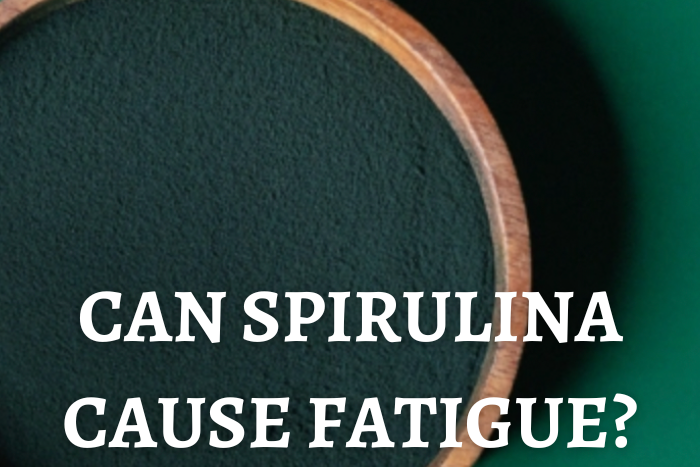
What is Spirulina?
Spirulina is a nutraceutical food, an alga, that contains vitamins, minerals, proteins, essential amino acids, and chlorophyll.
People in Africa still eat Spirulina that grows in lakes. They dry it and later consume it.
Nowadays, when Spirulina’s demand is high thanks to its nutritional value, many farms produce Spirulina in ponds.
Can people be tired after eating Spirulina?
People feel content and do not experience any side effects or fatigue when they consume Spirulina. Alga provides the nutrition that the body needs for metabolic processes. Spirulina is especially good for those who cannot get wholesome food. Astronauts, geologists, mountain climbers take Spirulina because of its high nutritional value.
Benefits of Spirulina
Chlorophyll
Spirulina is full of pigments, and one of them is chlorophyll. According to the literature about Spirulina benefits, chlorophyll helps regenerate liver cells, and increases circulation to all organs by expanding blood vessels.
Additionally, chlorophyll helps the heart by aiding in the transmission of nerve impulses that control contraction.
Chlorophyll helps prevent the festering of wounds, soothes swelling, and promotes granulation. It helps with the generation of new tissues after injuries.
Phycocyanin
Phycocyanin is a pigment and potent antioxidant. Spirulina helps fight the free radicals surrounding us in air, food, and water.
Free radicals can do damage to our cells and DNA. More cells are damaged, and more of them need to be repaired or removed from the body when they do not fit to serve.
Sugars in Spirulina
Spirulina digests easily, thanks to the tiny membrane. Sugars of Spirulina help maintain blood glucose levels that are important for fluctuation and insulin production. Besides, nutrition in Spirulina helps prevent food cravings.
Spirulina helps with ulcers
The simple assimilation of Spirulina nutrients helps people to fulfill nutritional needs when they have problems with stomach.
Chlorophyll helps to coat the irritated stomach lining and reduces tissue inflammation.
Spirulina contains mesafirine, which has the potential to inhibit ulceration.
Discoveries of Japanese doctors
Spirulina is popular in Japan. Japanese use Spirulina for
- Pancreatitis
- Visual problems
- Leucocyte loss prevention
- Problems with allergies
- Poisoning with heavy metals
- Senility
Spirulina for weight loss
People who want to lose weight can benefit from Spirulina. Why? Spirulina has low calories, but the whole nutrition that is needed for the body to flourish is in Spirulina too.
People do not need to starve during the time of weight loss because of their ability to take Spirulina. When the body gets all nutrients but does not have too much of calories it starts to burn fat molecules for fuel.
It is good for both sides. People do not starve, and they lose weight at the same time. It is a win-win situation.

Wrapping up
Spirulina is beneficial nutraceutical food for those who want to get benefits without side effects. Nutrients in Spirulina provide the body the nourishment and replenishment. People do not feel any fatigue. It is the opposite because of the Spirulina’s ability to provide all essential nutrients to the body.
You can fast with Spirulina and not feel any hunger or food cravings. Spirulina is beneficial for everybody who needs additional supplementation of essential nutrients.
Do you have an experience with Spirulina?







